Unpacking Family Scripts: How Your Childhood Narratives Shape Your Present
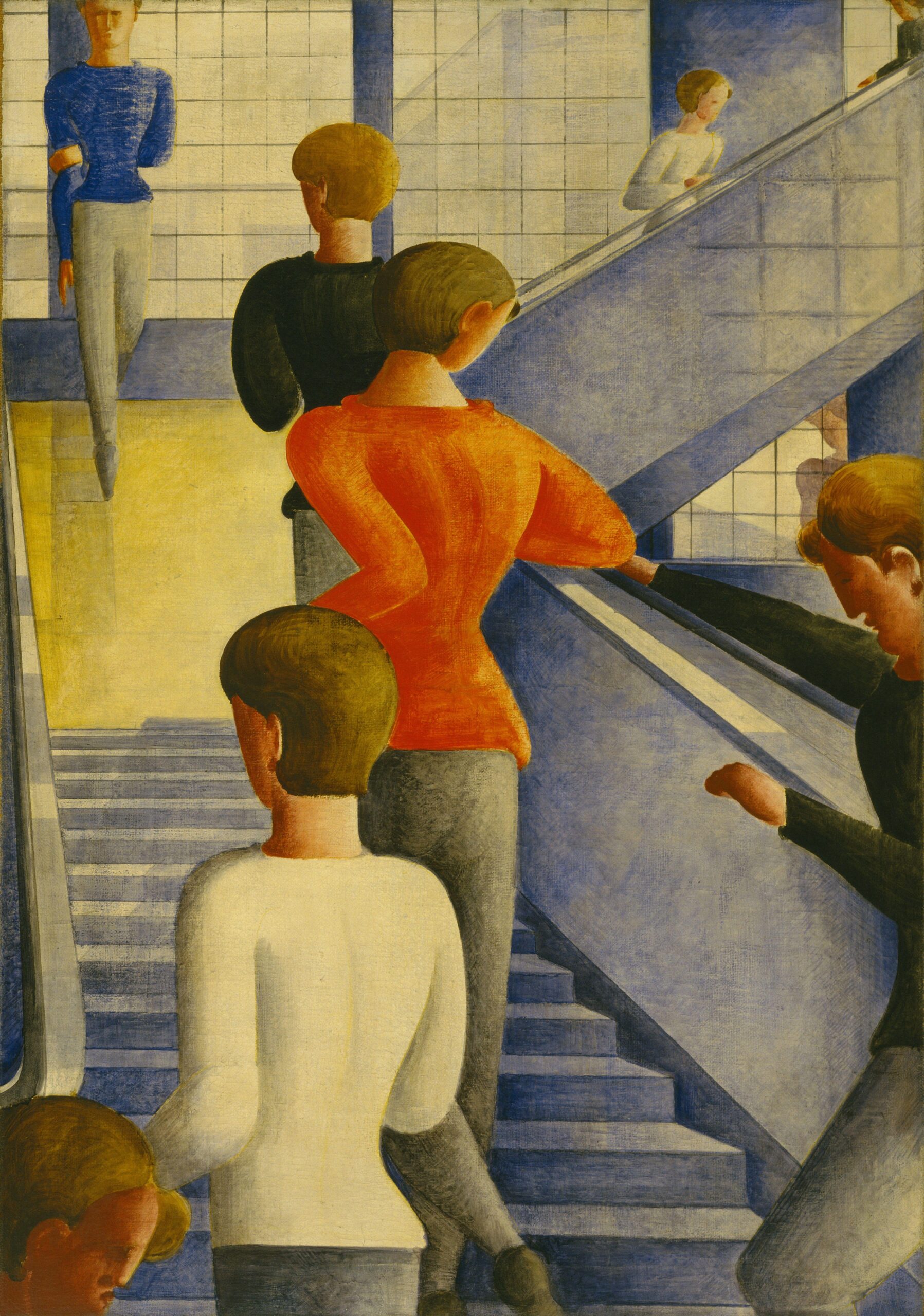
The stories we tell ourselves about our lives are powerful. They shape our sense of identity, our relationships, and our very experience of reality. And perhaps no stories are more formative than the ones we inherit from our families of origin – the scripts that were written for us long before we had the awareness or agency to question them.
Family scripts are the unspoken rules, roles, and narratives that govern how a family system operates. They are the hidden patterns that dictate who we are allowed to be, how we are supposed to feel, and what we are permitted to want within the confines of our family’s particular drama.
These scripts often have deep roots, passed down through generations like a kind of psychic DNA. They may be shaped by cultural norms, religious beliefs, or the unresolved traumas and triumphs of our ancestors. They may be reinforced by the overt messages we receive from our parents or the subtle dynamics of reward and punishment that condition our behavior.
Common Family Scripts and Their Impact
While each family system is unique, there are some common scripts that emerge across cultures and generations. Here are a few examples:
The “Good Child” Script In this script, the child is expected to be obedient, responsible, and high-achieving. They may be praised for their accomplishments but not for their inherent worth. They learn to base their self-esteem on external validation and may struggle with perfectionism, overwork, and difficulty setting boundaries.
The “Caretaker” Script Here, the child is cast in the role of emotional caregiver for their parents or siblings. They may be expected to mediate conflicts, soothe distress, or take on adult responsibilities at a young age. They learn to prioritize others’ needs over their own and may struggle with codependency, self-neglect, and difficulty receiving care.
The “Black Sheep” Script In this script, the child is labeled as the problem or the misfit of the family. They may be scapegoated for the family’s dysfunctions or treated as inherently flawed. They learn to see themselves as defective or unlovable and may struggle with self-destructive behaviors, relationship instability, and a chronic sense of not belonging.
The “Hero” Script Here, the child is idealized as the golden child or the savior of the family. They may be expected to bring honor and success to the family name or to rescue their parents from their own unfulfilled dreams. They learn to base their worth on achievement and may struggle with grandiosity, entitlement, and difficulty with intimacy and vulnerability.
Of course, these are just a few examples among countless possible variations. The specific content of a family script may vary widely, but the core dynamic is often the same: the child is given a narrow, rigid role to play that denies the fullness of their humanity. They are valued not for who they are, but for how well they conform to the script.
The Invisible Loyalties of Family Scripts
One of the most insidious aspects of family scripts is that they often operate unconsciously, outside of our awareness. We may find ourselves compulsively re-enacting our family roles and patterns without understanding why we feel so driven to do so.
This is because family scripts are often bound up with deep, unconscious loyalties. As children, we instinctively know that our survival depends on maintaining our place in the family system. We learn to mold ourselves to fit the roles we are assigned, even if those roles are painful or limiting.
Moreover, we may feel a profound sense of guilt or betrayal when we try to break free from our scripted identity. To individuate, to become our own person with our own desires and boundaries, can feel like a kind of treason against the family we have been loyal to all our lives.
This is why even as adults, long after we have left our families of origin, we may find ourselves still playing out the same old patterns in our relationships, our work, and our inner lives. The scripts that were imprinted on us in childhood can continue to shape our reality, even when they no longer serve us.
Rewriting the Script: Therapeutic Approaches
The good news is that with awareness and support, it is possible to rewrite our family scripts. We can learn to recognize the roles we have been playing, to challenge the beliefs that have limited us, and to author our own lives from a place of authentic choice.
Various therapeutic modalities can be helpful in this process of script revision. Here are a few key approaches:
Family Systems Therapy
This approach views the individual as part of a larger family system, and seeks to understand how the dynamics of that system shape each member’s behavior and well-being. The therapist may use tools like genograms (visual maps of family patterns) or sculpting (physical enactments of family roles) to help clients gain insight into their scripts.
Psychodrama
Developed by Jacob Moreno, psychodrama uses role-play, improvisation, and dramatic action to explore and transform personal narratives. Clients may have the opportunity to re-enact key scenes from their family history, to experiment with new ways of relating, or to give voice to previously suppressed aspects of themselves.
Narrative Therapy
Pioneered by Michael White and David Epston, narrative therapy views problems as separate from people, and seeks to deconstruct the dominant stories that have shaped a person’s identity. Through practices like externalizing conversations and re-authoring, clients are invited to challenge oppressive scripts and to develop alternative, empowering narratives about their lives.
Internal Family Systems (IFS)
Created by Richard Schwartz, IFS views the psyche as composed of different sub-personalities or “parts,” each with its own unique perspective and role. In the context of family scripting, certain parts may be stuck in outdated childhood roles like the Caretaker or the Rebel. IFS therapy helps these parts to unburden from extreme roles and to find new, more adaptive ways of being.
Depth Psychology
Drawing on the insights of Jung, depth psychology recognizes the power of unconscious patterns and archetypes in shaping our lives. In working with family scripts, a depth therapist may explore how an individual’s personal narrative is interwoven with larger, collective stories. Through practices like dream work and active imagination, clients can tap into the symbolic, mythic dimensions of their experience and find new, more expansive ways of authoring their identities.
Whichever modality one chooses, the process of script revision is rarely quick or linear. It is a gradual, recursive journey of unlearning and relearning, of grieving what we have lost and discovering who we may yet become.
Becoming the Author of Your Own Life
Ultimately, the journey of rewriting our family scripts is a journey of reclaiming authorship over our own lives. It is a process of learning to stand in our own truth, to honor our own desires and boundaries, and to take responsibility for the stories we tell and the roles we play.
This is not to say that we must reject our families or our histories altogether. Our family scripts, painful as they may be, are also a part of our identity and our legacy. They have shaped us in ways both seen and unseen, and they may carry important lessons and gifts alongside their limitations.
The goal is not to erase our scripts, but to develop a more conscious, flexible relationship with them. We can learn to recognize the patterns we have inherited, to appreciate how they have served us, and to choose intentionally whether and how to enact them.
We can also learn to have compassion for our younger selves, who did the best they could with the roles they were given. We can honor the ways we have tried to survive and to find belonging, even as we open to new possibilities for our future.
As we do this work of integration and authorship, we may find that our relationships with our families of origin begin to shift. We may be able to relate to our parents and siblings with a new sense of clarity and boundaries, to see them as fellow humans rather than as the all-powerful directors of our lives.
We may also find that we are able to create new kinds of family and community for ourselves, ones that support our authentic unfolding and celebrate the fullness of who we are. We can seek out relationships and environments that nourish our growth rather than constrain it, that invite us to co-create rather than merely comply.
This is the deeper invitation of rewriting our family scripts: to become the authors not only of our own lives, but of a new way of being human together. As we learn to tell more honest, compassionate stories about ourselves and each other, we open to the possibility of a world where every person’s unique genius can flourish, where every voice can be heard, and where every story matters.
Bibliography:
Byng-Hall, J. (1998). Rewriting family scripts: Improvisation and systems change. Guilford Press.
Holmes, L. (2014). The Internal Family Systems model. Family Journal: Counseling and Therapy for Couples and Families, 22(1), 114-115.
Kalsched, D. (1996). The inner world of trauma: Archetypal defenses of the personal spirit. Routledge.
Nichols, M., & Schwartz, R. (2001). Family therapy concepts and methods (5th ed). Allyn & Bacon.
Satir, V. (1988). The new peoplemaking. Science and Behavior Books.
Schwartz, R. C., & Sweezy, M. (2020). Internal Family Systems therapy. Guilford Press.
White, M., & Epston, D. (1990). Narrative means to therapeutic ends. W.W. Norton.
Whitfield, C. L. (1987). Healing the child within: Discovery and recovery for adult children of dysfunctional families. Health Communications.
Williamson, M. (1993). A return to love: Reflections on the principles of a Course in Miracles. Harper Collins.
Zimmerman, J., & Dickerson, V. (1996). If problems talked: Narrative therapy in action. Guilford Press.



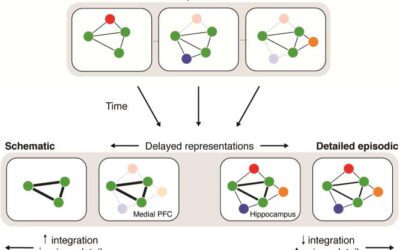








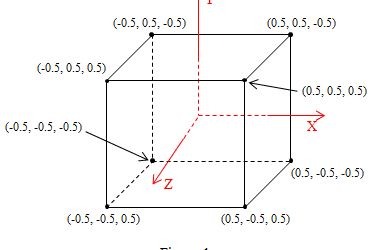


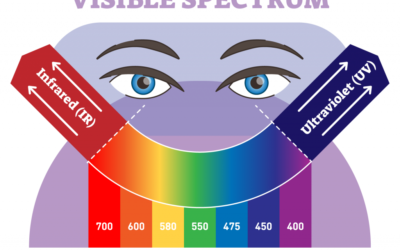




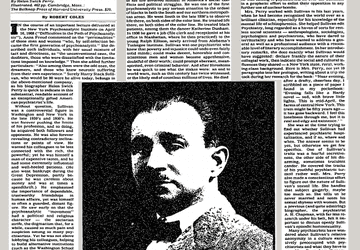

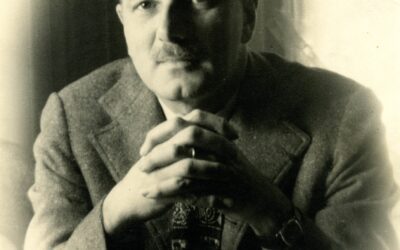



0 Comments